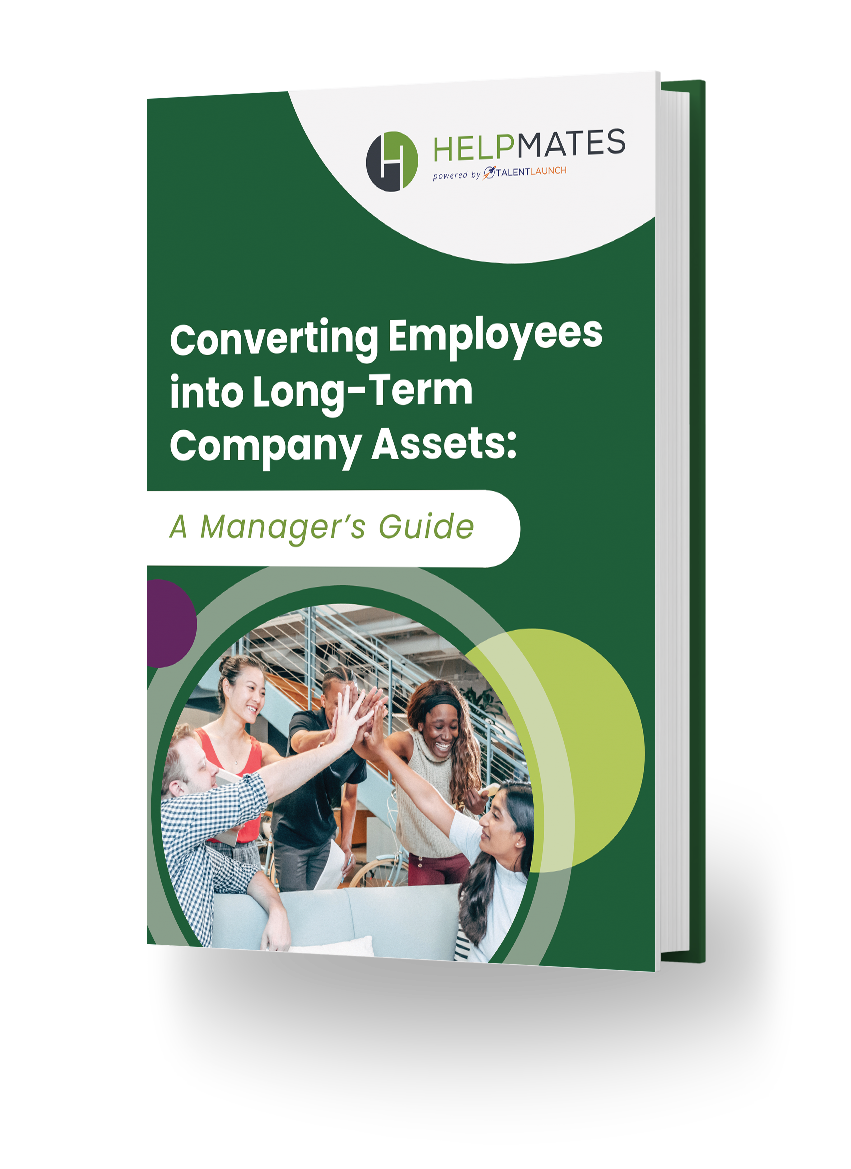A healthy culture at your company is critical today because you can neither attract/retain top talent, nor maintain high productivity, yet culture is often something that companies pay little attention to, regarding it as nonessential.
Turning a dysfunctional culture around isn’t easy, but unless you do so, you’ll have a lot of unhappy people working for you (until they leave). And in a world where social media plays such a big role, news of your unhealthy culture will spread quickly, scaring off potential job candidates.
Here are some questions to ask yourself regarding your company’s culture issues.
- Do you even have a culture?
Some companies don’t. In one recent survey, only a little more than 10 percent of workers responding said they actually understand what their company culture is. Another study revealed that only about 41 percent of employees know what makes their workplace unique.
You can outline the culture you would like to have, you can even believe that you have the culture you want. But to find out the culture you actually have, you may need to survey your employees.
- What are your foundational values?
Have you clearly defined them, and are your workers aware of them? Do they guide the operation of your company? For example, if you have defined one of your values as innovation, how well do your employees collaborate and share ideas to foster innovation? Or if one of your foundational values is diversity, how well is it actually represented in your company?
- Are you honest with job candidates about your culture?
In their eagerness to land new talent, some hiring managers tell job candidates what they want to hear. In their efforts to sell the company, the managers may exaggerate a little or shade the truth. This is a recipe for failure. Managers need to be honest and up front about what the company is really like. Otherwise, the new hire will leave when they discover things aren’t as they thought.
In fact, about one-fourth of all new employees leave their job in the first three months. The main reasons for this are misunderstandings about the nature of the job and the company. If a lot of new people are leaving the company, you need to find out why.
- Do your business partners reflect your values?
Companies rely on independent contractors and consultants. Do these business partners share the foundational values of the company? If not, this could create friction in working relationships, and even worse, possible exposure to legal action.
- Are employees engaged?
If there is a good alignment between the values of the employees and the company, workers will be more satisfied with their jobs and more engaged, resulting in better performance all around.
One of the aims of company culture is to instill a sense of purpose and meaning in the work of employees. Posters with motivational quotes just won’t cut it. Employees stay at a company because they feel that they are making a contribution, that their work matters and that their career will flourish and they will grow at the company.
To create the culture you want, you need to survey your employees about their perceptions and share the results throughout the organization. To move forward, you need to establish a collaborative process for creating the culture you and your employees want, involving input and buy-in from workers throughout the company.
Are you looking for employees that will thrive in your particular culture? Contact Helpmates: we’ll help you source, vet and place workers who “get you.”







